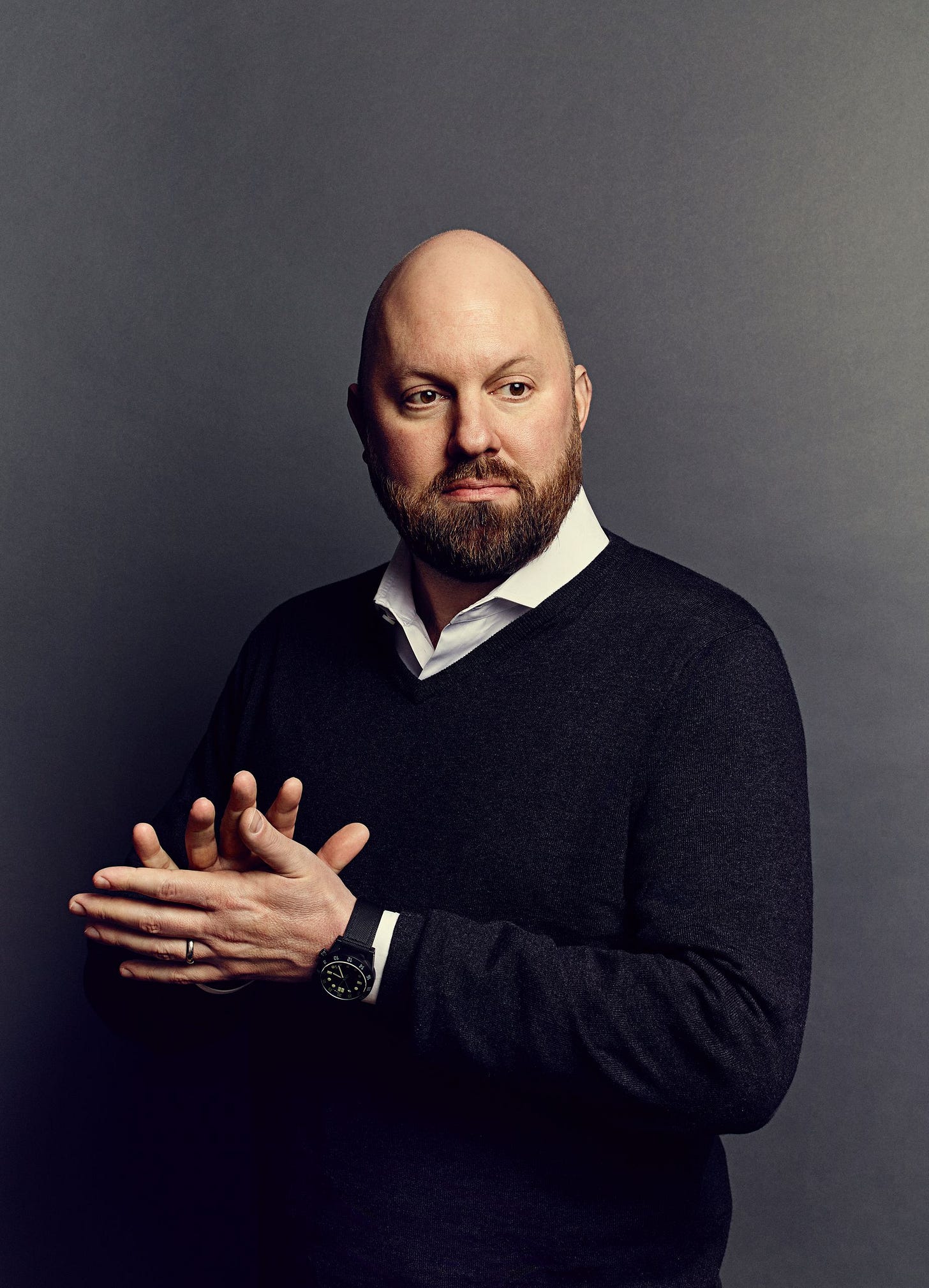In the Valley of Giants, there are builders, there are believers, and then there are architects. Marc Andreessen is all three. He didn’t just witness the internet being born—he helped midwife it. And unlike many who faded after their first wave of success, Andreessen re-emerged as a force that reshaped Silicon Valley not once, but twice.
Today, he’s the co-founder of Andreessen Horowitz (a16z), one of the most influential venture capital firms in the world. But before he became a kingmaker, he was a builder wandering through the ashes of the dot-com collapse, a cautionary tale in the making—until he rewrote the narrative.
The First Fire: Mosaic, Netscape & the Dot-Com Burnout
Marc was barely out of college when he built Mosaic, the world’s first widely adopted web browser. Mosaic became Netscape, which ignited the internet revolution. In 1995, Netscape IPO’d in a frenzy, marking the beginning of the dot-com era.
But then came the fall.
Microsoft crushed Netscape with Internet Explorer. Andreessen went from being the golden boy of the web to watching his creation get swallowed by a monopolistic machine.
He had gone from wunderkind to has-been in Silicon Valley's eyes before he even turned 30.
It would have been enough to make anyone retreat.
Marc didn’t.
Reinvention: From Founder to Philosopher of the Future
Instead of chasing another headline startup, Marc began collecting wisdom. He joined the boards. He invested. He watched. When the next generation of companies started bubbling up—Facebook, Twitter, Airbnb—Marc was already forming a thesis.
He believed the world hadn’t seen the real internet yet.
That belief birthed Andreessen Horowitz (a16z) in 2009. In a landscape filled with old-guard VCs who ruled by gatekeeping and spreadsheets, Marc introduced a radically founder-first philosophy.
He promised to support visionaries even when their ideas seemed insane.
And he did.
He backed Facebook. Coinbase. Airbnb. GitHub. Oculus. Clubhouse. The list goes on.
Marc also flipped the typical VC lifestyle on its head. He’s nocturnal—working from 9 pm to 5 am, using the quiet of night to think deeply, write, and build conviction. While most VCs are caught in the swirl of meetings, Marc’s calendar is optimized for solitude.
Thinking is the meeting.
This routine gives him space to read voraciously, process ideas, and operate outside the noise of the Valley echo chamber.
Forged by Fire: Lessons from the Ashes
Marc’s edge is not his intellect alone—it’s what fire left behind:
Resilience from failure: Watching Netscape die taught him what monopolies can do, and how fragile innovation is without structural protection.
Conviction in the fringe: He bets where others hesitate—crypto, biotech, artificial intelligence—because he knows the biggest shifts often look absurd at first.
A builder’s eye: He’s not just picking companies; he sees the architecture of the future before it’s visible to others.
“The difference between a vision and a hallucination is that other people can see it.” – Marc Andreessen
Perhaps most importantly, Marc understands the difference between a trend and a movement.
“Software is eating the world.”
That’s the line he wrote in 2011 that became gospel.
But few understand the mindset behind it.
Marc sees the world as a dynamic system—messy, chaotic, unfair. In that system, software isn’t just a tool. It’s a lever. And founders are the ones willing to pull it despite the risk.
That’s who he bets on.
Why His Story Matters Now
We’re entering another chaotic era—AI, decentralization, geopolitical instability, and the end of the cheap capital era. Many VCs are retreating.
Marc isn’t.
He’s going bigger—launching vertical-specific funds, doubling down on moonshots, even building Techno-Optimism into a worldview and manifesto.
He’s faced criticism for idealizing technology’s role in society, but for better or worse, Marc doesn’t hedge his bets—he doubles down on belief.
To some, he’s polarizing. To others, prophetic.
But what’s undeniable is this: Marc Andreessen is no longer just shaping companies. He’s shaping the psychology of what it means to be a founder in the 21st century.
Founder’s Forge: What We Can Learn from Marc
Failure isn’t the end—it’s rehearsal. Netscape wasn’t a fall from grace. It was Andreessen’s first startup MBA.
Conviction precedes consensus. His biggest wins came when he backed ideas others found crazy.
Bet on infrastructure. Don’t just build for today. Build what tomorrow will depend on.
Protect your focus. Marc built his edge by prioritizing deep work over reactive hustle.
Forged in Fire is where the strongest steel is made.
Marc Andreessen didn’t just survive the flames.
He’s one of the reasons Silicon Valley still burns bright.
If you enjoyed this story, subscribe to Future Forge—where we uncover the hard-earned lessons, future-focused thinking, and investor insights shaping the world’s boldest founders.



